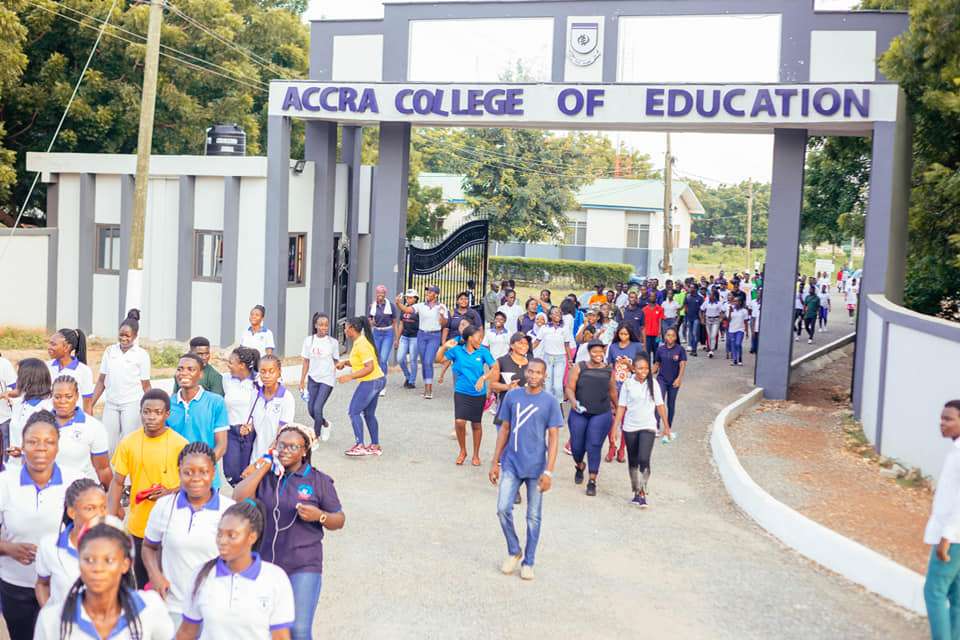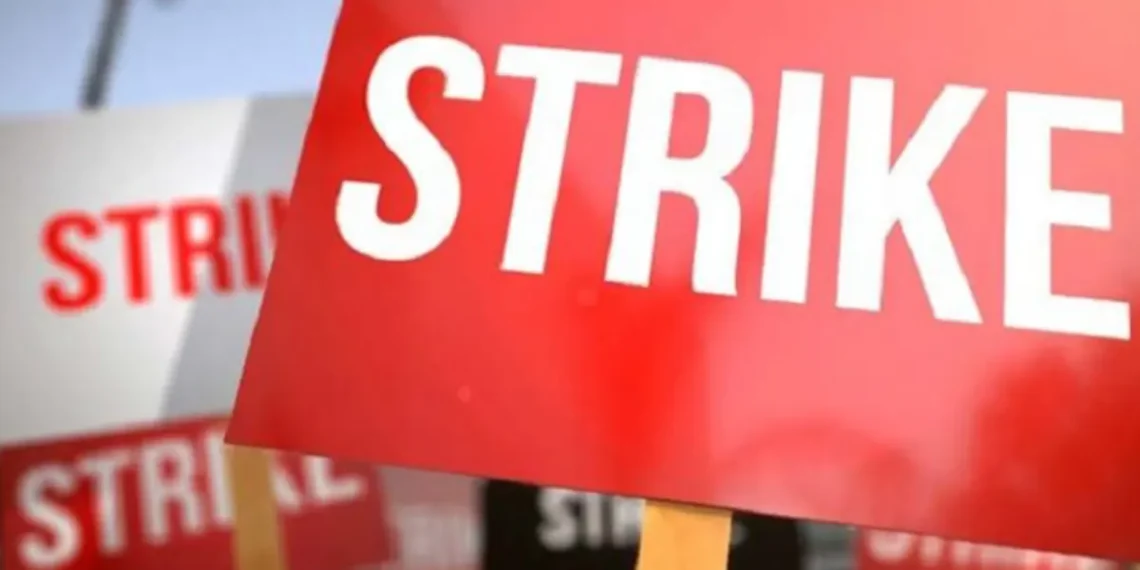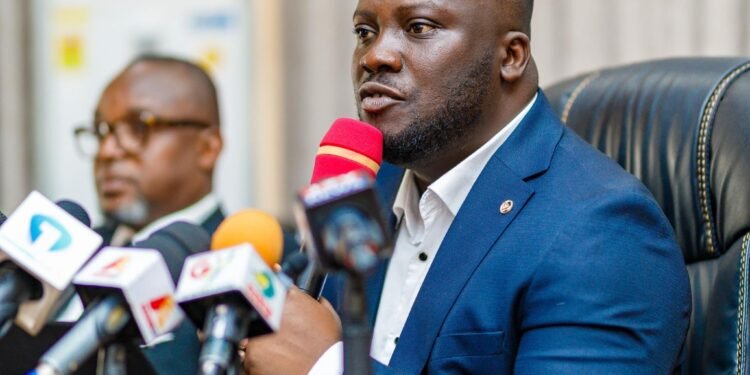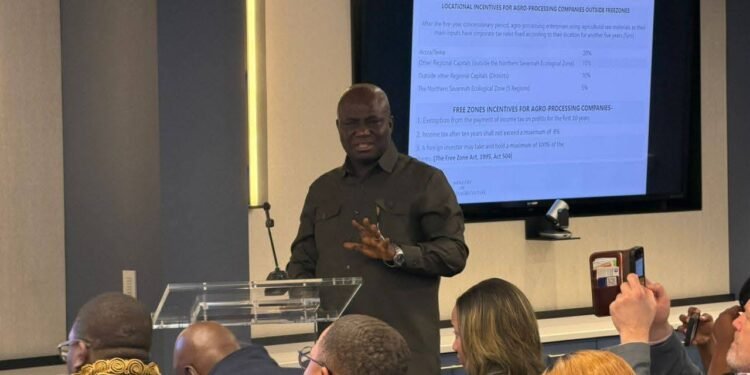In recent years, industrial strike actions have become an all too familiar sight across various sectors in Ghana as what was once seen as a last resort for workers to voice their grievances has now become a frequent occurrence, with unions increasingly resorting to strikes as the primary means to press their demands onto the government.
Among the latest to join this trend is the Colleges of Education Teachers Association of Ghana (CETAG), whose decision to embark on an industrial action speaks volumes about the challenges faced by workers in the country.
The Colleges of Education Teachers Association of Ghana’s notice of strike served to its employer, the Government of Ghana highlighted a series of grievances rooted in the violation of labour laws and contractual agreements.
Central to the association’s concerns is the failure of the National Labour Commission (NLC) to enforce compulsory arbitration awards issued in May and August 2023, signalling a systemic breakdown in the enforcement of labour laws.
“The leadership of the Colleges of Education Teachers Association of Ghana (CETAG) writes to serve notice of the union’s intention to embark on an industrial action to protect our economic rights as workers under article 24 (1) of the 1992 Constitution of Ghana and section 10 (a&b) of the Labour Act, 2003 (Act 651)”.
Mr Prince Obeng-Himah, National President CETAG
Furthermore, the Colleges of Education Teachers Association of Ghana pointed fingers at the Fair Wages and Salaries Commission (FWSC) and the Ministry of Education for their alleged refusal to honour contractual obligations, particularly regarding research allowances and conditions of service agreements.
The association asserted that these actions not only infringe upon their rights as workers but also undermine the rule of law enshrined in the 1992 Constitution.
Disregard of Existing Agreements
Of equal concern to the Colleges of Education Teachers Association of Ghana is the unilateral decision-making by bodies such as the Conference of Principals of Colleges of Education (PRINCOF) and the Ghana Tertiary Education Commission (GTEC), which allegedly disregard existing agreements and undermine the collective bargaining power of the union.
The perceived erosion of trust between the labour union and government agencies further exacerbates tensions, pushing CETAG to take a firm stance in defence of its members’ rights.
The Colleges of Education Teachers Association of Ghana concluded its remarks by urging the Fair Wages and Salaries Commission as the constitutional body mandated to negotiate on behalf of the Government to uphold the Constitution of Ghana and the Labour Act, 2003 (Act 651).
“The union wishes to affirm our decision to proceed on strike by notifying our Employer that we will not call off our strike action until all the outstanding Compulsory Arbitration Awards and related concerns raised in this notice are settled through payments to our members”.
Mr Prince Obeng-Himah, National President CETAG
It is worth emphasizing that, CETAG’s decision to strike underscores broader issues plaguing Ghanaian labour relations, where disputes between unions and government agencies often escalate to the detriment of all parties involved.

As the strike looms, the potential consequences loom large, particularly for the academic community.
With Colleges of Education set to reopen imminently, the disruption caused by the industrial action threatens to derail academic activities and compromise the education of countless students.
The timing could not be more critical, underscoring the urgent need for government intervention to prevent any further escalation of the situation.
As the clock ticks down to the reopening of Colleges of Education, the onus falls on the government, especially its agencies like the FWSC and the NLC, to swiftly address the grievances raised by CETAG and ensure a timely resolution that safeguards the interests of workers and students alike.
Failure to do so risks not only exacerbating existing tensions but also undermining the foundation of labour rights and collective bargaining in Ghana.
READ ALSO: Africa: Pawns in Global Power Chess Match























